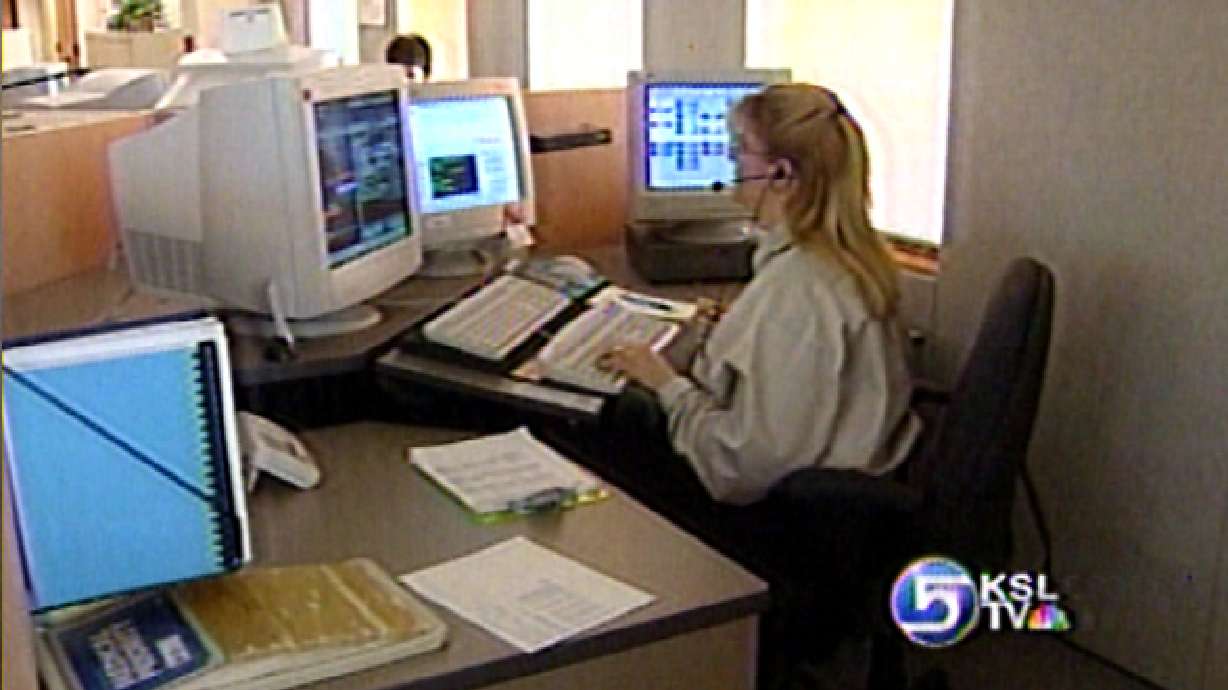Estimated read time: 1-2 minutes
This archived news story is available only for your personal, non-commercial use. Information in the story may be outdated or superseded by additional information. Reading or replaying the story in its archived form does not constitute a republication of the story.
Sandra Yi Reporting When it comes to tracking 9-1-1 calls on cell phones, Utah lags behind the rest of the nation.
Many cell phones these days have GPS technology, but most counties here in Utah still don't have the technology to trace that signal, but we're only months away from getting it.
#one
Dispatcher: "911, what is the address of your emergency?"
In most cases, the dispatcher doesn't know. More than 60 percent of calls to the Valley Emergency Communications Center come from cell phones. But VECC doesn't have the technology to trace the calls. VECC received a 700 thousand dollar grant to implement the system.
Gary Lancaster: "It's a very expensive process. In our case, it's about a million and a half dollars to upgrade the system."
Still, Utah is one of four states that has yet to provide more than 40 percent of the population with enhanced 9-1-1 service.
Gary Lancaster: "The challenge that it creates for us is we don't know where the callers are, and in some cases, the callers don't know where they are."
That was evident in a case last year when dispatchers received a cryptic 9-1-1 call from a man in pain.
911 Call: "He dragged me into a field." "He dragged you into a field?" "Yeah."
The call came from a pre-paid cell phone. Police were able to narrow the search field, but came up empty.
Right now, dispatchers in Tooele and Cache Counties can trace 9-1-1 calls. Salt Lake Valley will have the system running by mid-summer.









